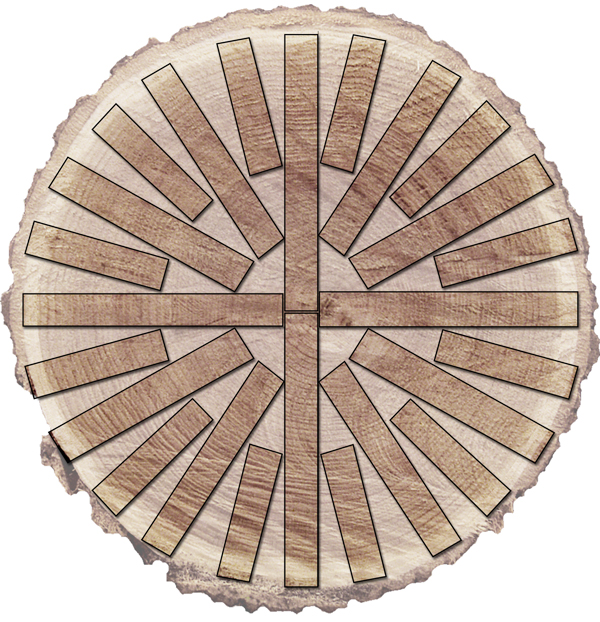
verb
- a past participle of saw1.
noun
- a tool or device for cutting, typically a thin blade of metal with a series of sharp teeth.
- any similar tool or device, as a rotating disk, in which a sharp continuous edge replaces the teeth.
verb (used with object), sawed, sawed or sawn, saw·ing.
- to cut or divide with a saw.
- to form by cutting with a saw.
- to make cutting motions as if using a saw: to saw the air with one’s hands.
- to work (something) from side to side like a saw.
verb (used without object), sawed, sawed or sawn, saw·ing.
- to use a saw.
- to cut with or as if with a saw.
- to cut as a saw does.
Idioms
- saw wood, Informal. to snore loudly while sleeping.
verb
- simple past tense of see1.
verb
- a past participle of saw 1
abbreviation for
- surface acoustic wave
noun
- any of various hand tools for cutting wood, metal, etc, having a blade with teeth along one edge
- any of various machines or devices for cutting by use of a toothed blade, such as a power-driven circular toothed wheel or toothed band of metal
verb saws, sawing, sawed, sawed or sawn
- to cut with a saw
- to form by sawing
- to cut as if wielding a sawto saw the air
- to move (an object) from side to side as if moving a saw
verb
- the past tense of see 1
noun
- a wise saying, maxim, or proverb
strong past participle of saw (v.), attested from 1530s. n.1toothed cutting tool, Old English sagu, from Proto-Germanic *sago “a cutting tool” (cf. Old English seax “knife,” Old Norse sög, Norwegian sag, Danish sav, Swedish såg, Middle Dutch saghe, Dutch zaag, Old High German saga, German Säge “saw”), from PIE root *sek- “to cut” (cf. Latin secare “to cut,” Russian sech’ “to cut;” see section (n.)). n.2“proverb, saying, maxim,” Old English sagu “saying, discourse, speech, study, tradition, tale,” from Proto-Germanic *saga-, *sagon- (cf. Middle Low German, Middle Dutch sage, zage, German Sage “legend, fable, saga, myth, tradition,” Old Norse saga “story, tale, saga”), from PIE root *sek(w)- “to say, utter” (see say (v.)). v.“cut with a saw,” c.1300, perhaps c.1200, from saw (n.1). Strong conjugation began 15c. on model of draw, etc. Related: Sawed; sawing. Sawed-off “short, cut short” is attested 1887 of persons, 1898 of shotguns. v.past tense of see; from Old English plural sawon. see old saw.
 Liberal Dictionary English Dictionary
Liberal Dictionary English Dictionary